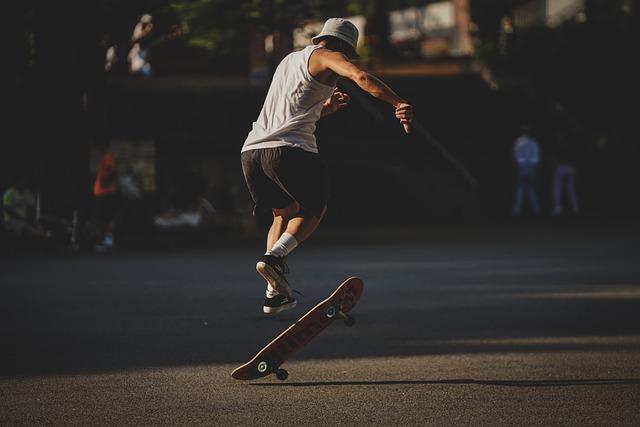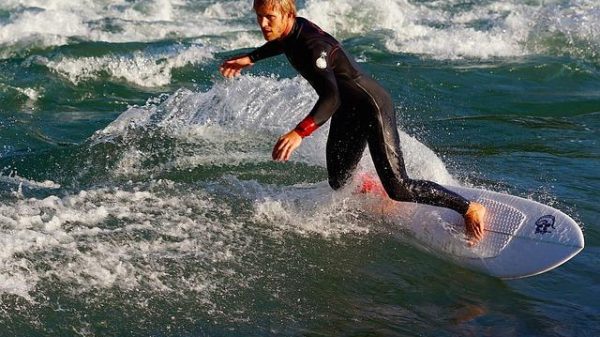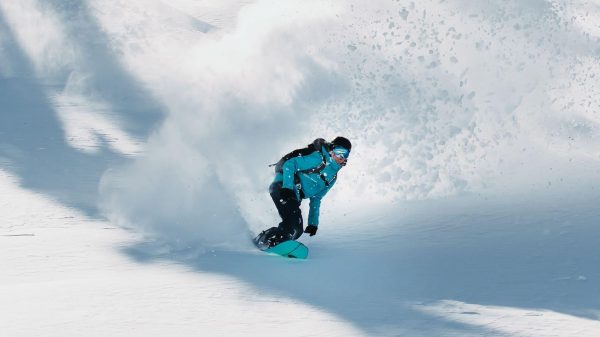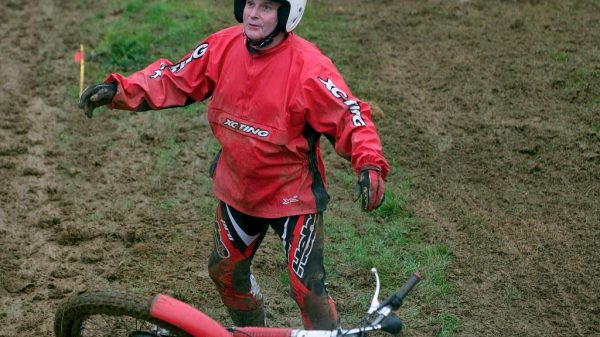In recent years, skateboarding has transitioned from a countercultural pastime to a globally recognized sport, culminating in its debut at the 2020 Tokyo Olympics. This evolution raises a pertinent question: should skateboarding be recognized as a professional career? Advocates argue that the sport’s inclusion in international competitions, alongside the emergence of lucrative sponsorships and dedicated training facilities, underscores its professional potential. Conversely, skeptics point to the traditionally unstructured nature of skateboarding and the financial instability faced by many athletes as significant barriers. This article delves into the multifaceted dimensions of skateboarding’s professionalization, examining economic, cultural, and institutional factors to assess whether it merits recognition as a legitimate career path. Through a comprehensive analysis, we aim to provide a balanced perspective on the challenges and opportunities that define the future of skateboarding as a profession.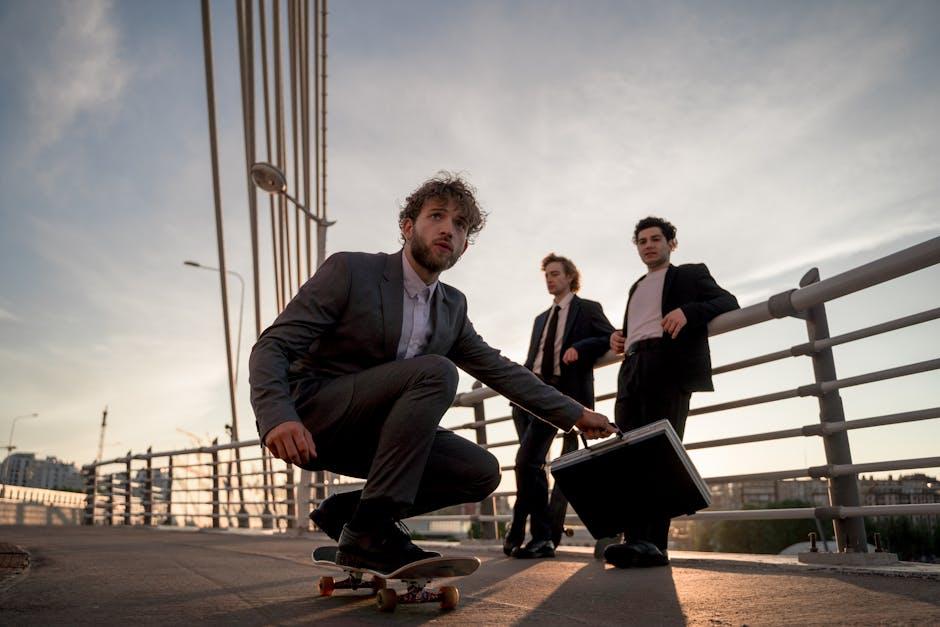
Evaluating the Economic Viability of Skateboarding as a Career Path
In assessing the potential of skateboarding as a sustainable profession, several economic factors must be considered. Income streams for professional skateboarders are diverse, yet not guaranteed. Many rely on a combination of sponsorship deals, competition winnings, and merchandise sales. However, these income sources can be highly variable, depending on factors such as individual skill level, marketability, and the fluctuating popularity of the sport. Endorsements often play a significant role, but securing and maintaining these can be challenging without consistent high-level performance and a strong personal brand.
Moreover, the cost of maintaining a career in skateboarding should not be underestimated. Athletes must invest in high-quality equipment, training facilities, and travel expenses for competitions worldwide. The industry’s infrastructure, though growing, still lacks the robust support systems seen in more established sports. Health and injury risks also pose significant financial challenges, with many athletes needing to cover their own medical expenses. While there is potential for a lucrative career, it requires strategic planning, financial acumen, and a bit of luck to navigate the economic uncertainties successfully.
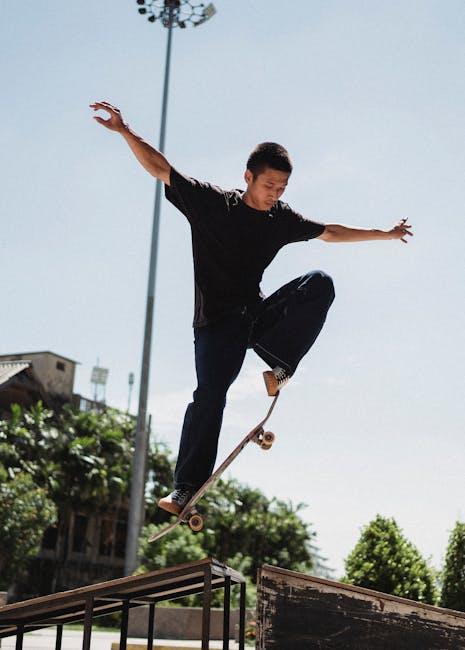
Analyzing the Role of Sponsorships and Endorsements in Professional Skateboarding
In the world of professional skateboarding, sponsorships and endorsements serve as pivotal elements that elevate the sport from a passionate hobby to a lucrative career. These financial backings not only offer monetary support but also provide skaters with essential resources like equipment, travel expenses, and access to competitions. Major brands recognize the influence of top-tier skaters and invest heavily to associate their products with these athletes, thereby enhancing the skater’s public image and marketability. Sponsorships often form the backbone of a skateboarder’s income, sometimes surpassing earnings from competitions.
Endorsements play a crucial role in defining a skater’s professional identity. They offer a platform for skaters to reach broader audiences and create personal brands. The collaboration between skaters and companies often results in signature product lines, such as decks and shoes, which further solidify a skater’s standing in the industry. The benefits of these partnerships include:
- Increased visibility and fan engagement
- Opportunities for long-term financial security
- Access to exclusive events and networks
While sponsorships and endorsements have the potential to transform skateboarding into a recognized professional career, they also demand a high level of commitment and professionalism from the athletes, ensuring that the sport is both sustainable and rewarding in the long run.
Assessing the Impact of Media and Public Perception on Skateboardings Professional Status
In the journey towards establishing skateboarding as a legitimate professional career, media and public perception play pivotal roles. Over the years, skateboarding has evolved from a countercultural movement into a globally recognized sport, particularly with its inclusion in the Olympic Games. However, the portrayal of skateboarding in media often swings between two extremes: a thrilling, rebellious lifestyle and a respected athletic pursuit. This duality can influence public perception, affecting everything from sponsorship opportunities to community support. Media narratives have the power to shape how skateboarding is perceived by both potential sponsors and aspiring athletes. The portrayal of skateboarders in movies, advertisements, and news can either uplift or undermine the sport’s professional legitimacy.
- Representation in Media: Positive representation can lead to increased funding, more professional events, and broader acceptance as a career path.
- Public Perception: Shifts in public opinion can influence policy decisions, such as the development of skateparks and urban spaces conducive to professional training.
- Sponsorship and Funding: The way skateboarding is marketed and perceived can directly impact the financial support athletes receive, which is crucial for career sustainability.
Thus, a nuanced understanding of these dynamics is essential for stakeholders looking to elevate skateboarding’s professional status. Engaging with media outlets to foster a balanced portrayal and addressing misconceptions can help in aligning public perception with the evolving reality of skateboarding as a viable career option.
Recommendations for Establishing Skateboarding as a Recognized Professional Career
To elevate skateboarding to the status of a recognized professional career, a multi-faceted approach is essential. First and foremost, the establishment of a governing body dedicated to standardizing regulations, organizing events, and ensuring fair compensation is critical. This organization should collaborate with existing skateboarding federations and industry stakeholders to foster an ecosystem that nurtures talent and provides clear pathways for career progression.
Moreover, educational programs focusing on both the athletic and business aspects of skateboarding can significantly contribute to its professionalization. These programs could include:
- Technical training that enhances skills and safety.
- Workshops on marketing, brand building, and financial management.
- Networking opportunities with industry professionals and sponsors.
Additionally, promoting skateboarding through mainstream media and integrating it into school sports curriculums can shift public perception and increase acceptance of skateboarding as a legitimate career choice. By addressing these areas, skateboarding can transition from a niche sport to a respected profession with sustainable career opportunities.
